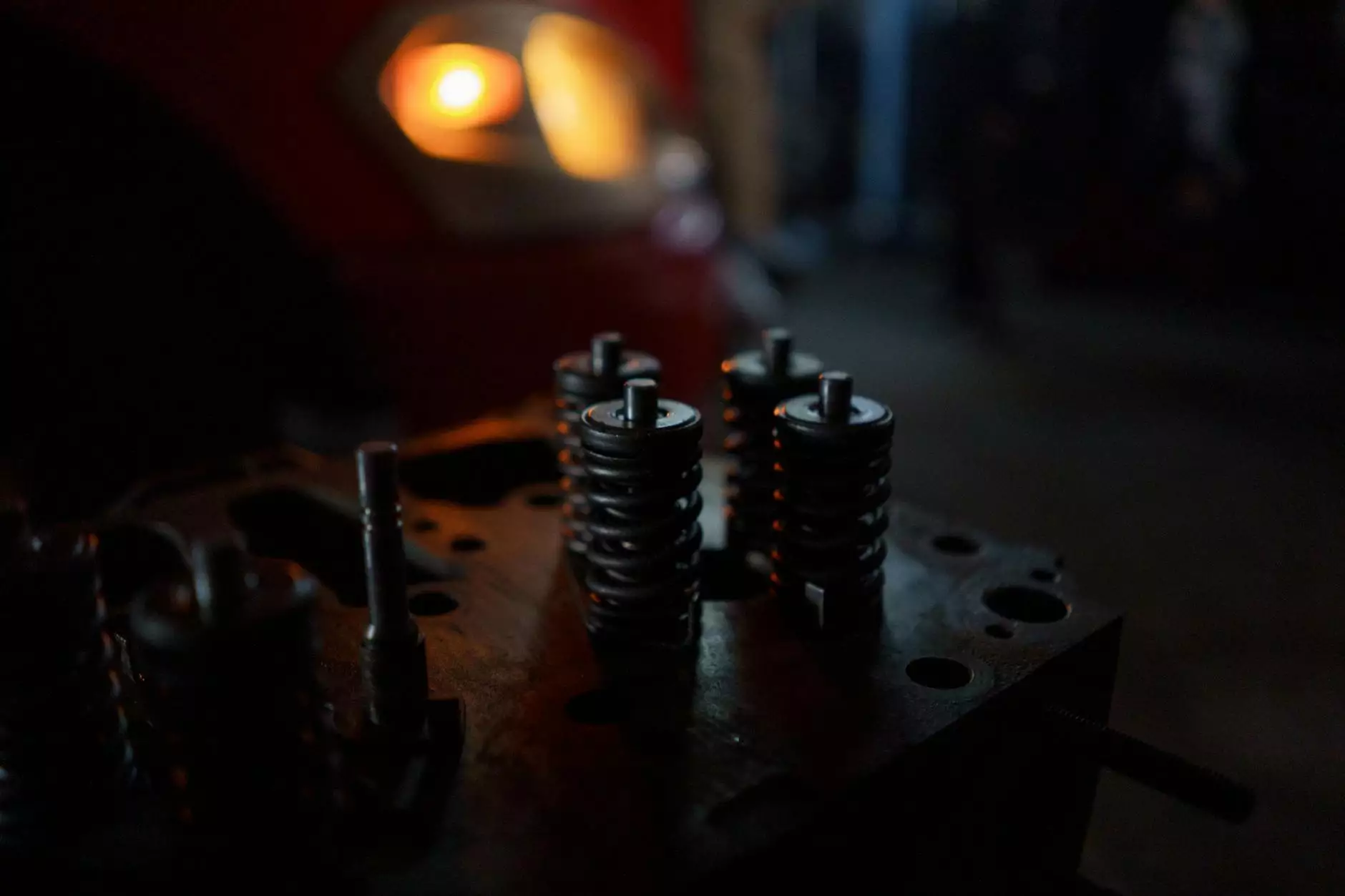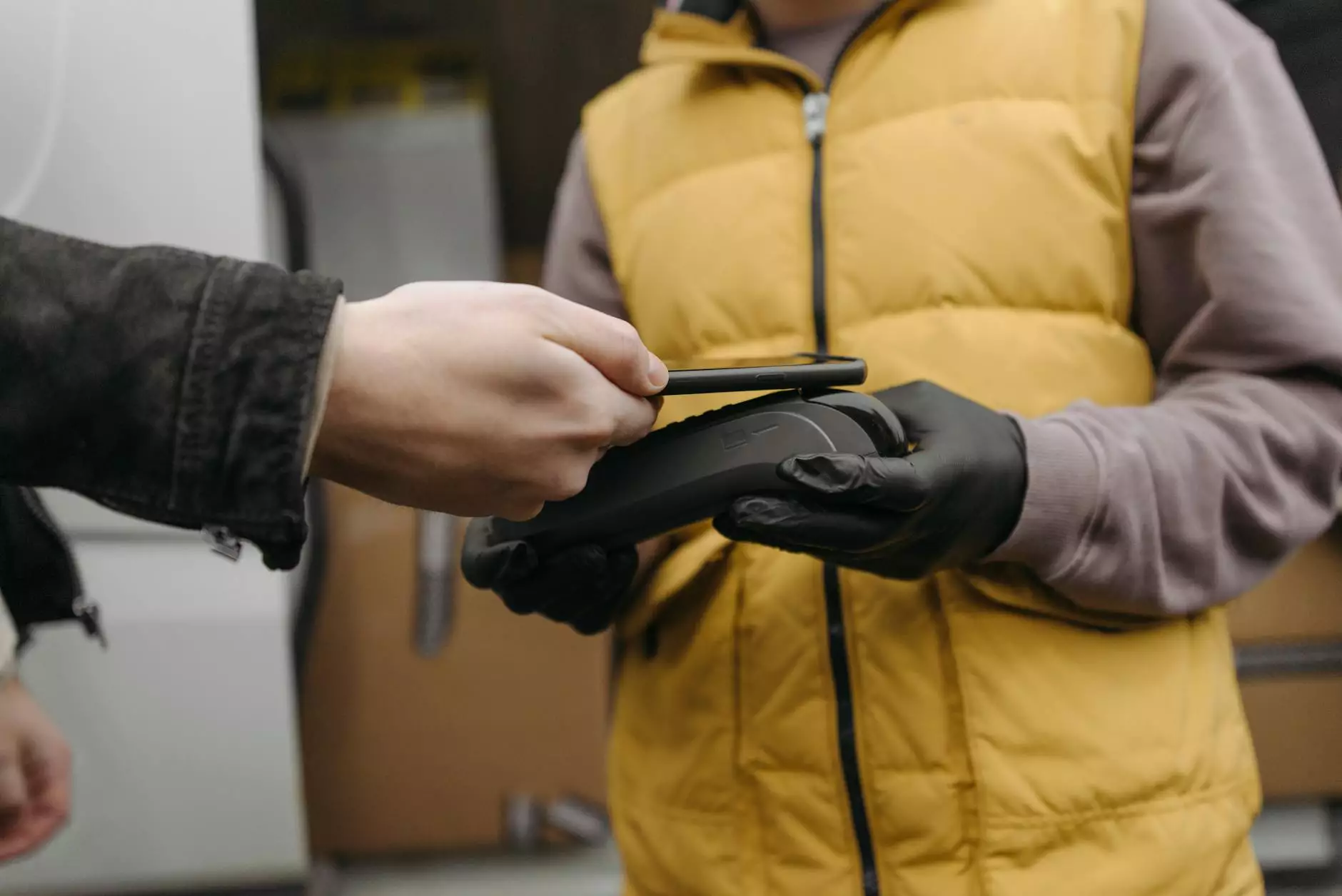Buy a Used Engine: The Comprehensive Guide for Smart Automotive and Marine Investments

Buying a used engine can be an excellent choice for auto enthusiasts and boat owners looking to save costs without sacrificing quality. This detailed guide will take you through everything you need to know about buying a used engine, from understanding the benefits to finding the best deals and ensuring that you’re making a wise investment.
The Advantages of Buying a Used Engine
When it comes to maintaining your vehicle or boat, opting to buy a used engine offers numerous advantages:
- Cost-Effective: Used engines are generally significantly cheaper than new ones, allowing you to allocate your budget towards other necessary repairs or upgrades.
- Less Depreciation: A used engine will have less depreciation compared to a brand-new one, making it a smart financial decision.
- Availability: Many older engine models are still available, making it easier to find a suitable replacement for classic cars and vintage boats.
- Performance and Reliability: When sourced from reputable suppliers, used engines can offer performance comparable to new ones, often at a fraction of the price.
Understanding Your Needs Before You Buy
Before you buy a used engine, you must assess your requirements carefully. Consider the following:
1. Type of Vehicle or Boat
Ensure that the engine you are purchasing is suitable for your specific vehicle or boat. Different models will have varying specifications. Consulting with a mechanic can provide invaluable insights into what you need.
2. Engine Specifications
Check the engine specifications that are compatible with your vehicle or boat. This includes:
- Engine Size: Determine the size and type of engine required for optimal performance.
- Fuel Type: Confirm whether you need a gasoline or diesel engine.
- Emissions Standards: Ensure that the engine complies with the emissions standards applicable in your area.
Where to Buy a Used Engine
When looking to buy a used engine, it’s essential to choose the right place to purchase. Here are some reliable sources:
1. Reputable Salvage Yards
Salvage yards often have a wide selection of used engines for various makes and models. Make sure to choose a reputable dealer known for quality parts.
2. Online Suppliers
Numerous online platforms specialize in used automotive parts and engines. Websites like Falcon Outboards provide a wide range of options and reliable information.
3. Local Mechanics
Many local mechanics have access to quality used engines or can recommend where to find them. Building a relationship with a trusted mechanic can also provide ongoing support.
4. Auctions and Classifieds
Keep an eye on auctions and classified ads, both online and offline. This can sometimes lead to getting a great deal on a used engine.
Inspecting the Engine: Key Considerations
Thorough inspection is paramount when considering to buy a used engine. Here are some aspects to evaluate:
1. Visual Inspection
Inspect the engine for any visible signs of damage:
- Look for rust and corrosion.
- Check for oil leaks.
- Examine the engine's overall condition.
2. Mileage and Usage History
The mileage on the engine can provide an indication of its remaining lifespan. Try to gather information on:
- Past usage (e.g., highway vs. city driving).
- Maintenance history (regular oil changes, repairs).
3. Compression Test
Conducting a compression test can reveal whether the engine has internal issues. A mechanic can perform this test to determine the engine's health.
Making the Purchase: Important Legal and Transactional Considerations
Once you’ve found the right engine, keep the following in mind before finalizing your purchase:
1. Warranty and Return Policy
Inquire about any warranties or return policies. A reputable seller should offer some level of guarantee for their used engines.
2. Pricing and Payment Methods
Negotiate the price and clarify payment methods. Ensure there are no hidden fees involved in the purchase.
3. Documentation
Ensure all necessary documentation is provided, including receipts and titles if applicable. This paperwork is essential for your records and future resale.
Installation: Getting the Used Engine Up and Running
After successful purchase, the next step is the installation of your used engine. Here are some tips:
1. Professional Assistance
If you’re not experienced with engine installation, hiring a professional mechanic is advisable to ensure everything is done correctly.
2. Follow Manufacturer’s Guidelines
Always refer to the manufacturer’s guidelines during installation to avoid potential issues down the line.
3. Perform Routine Maintenance
Once installed, be proactive in maintaining your engine. Regular check-ups will help ensure its longevity and performance.
Conclusion
Purchasing a used engine can be a smart and economical choice for anyone looking to repair or upgrade their vehicle or boat. Following this detailed guide can help you navigate the ins and outs of the process effectively. Remember, whether you're looking to buy a used engine for an auto or a boat, the quality and integrity of the engine are paramount for ensuring lasting performance. Always prioritize reputable sources like Falcon Outboards for your engine purchases.
Embrace the journey of enhancing your automotive or marine experience, and make informed decisions that lead to fruitful investments in your engines!






